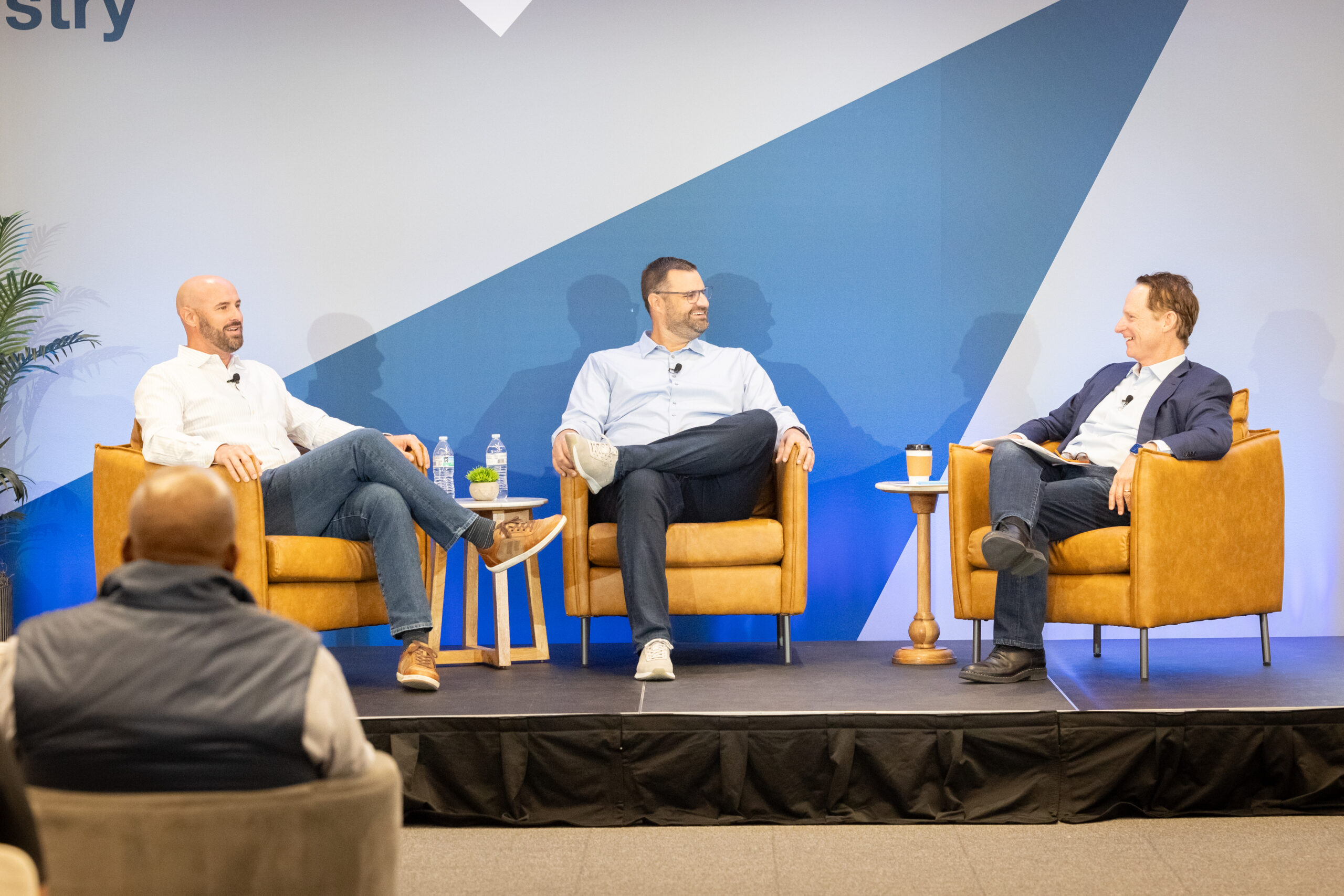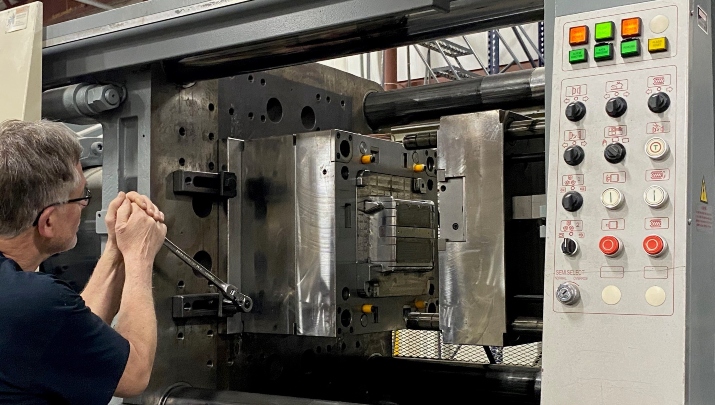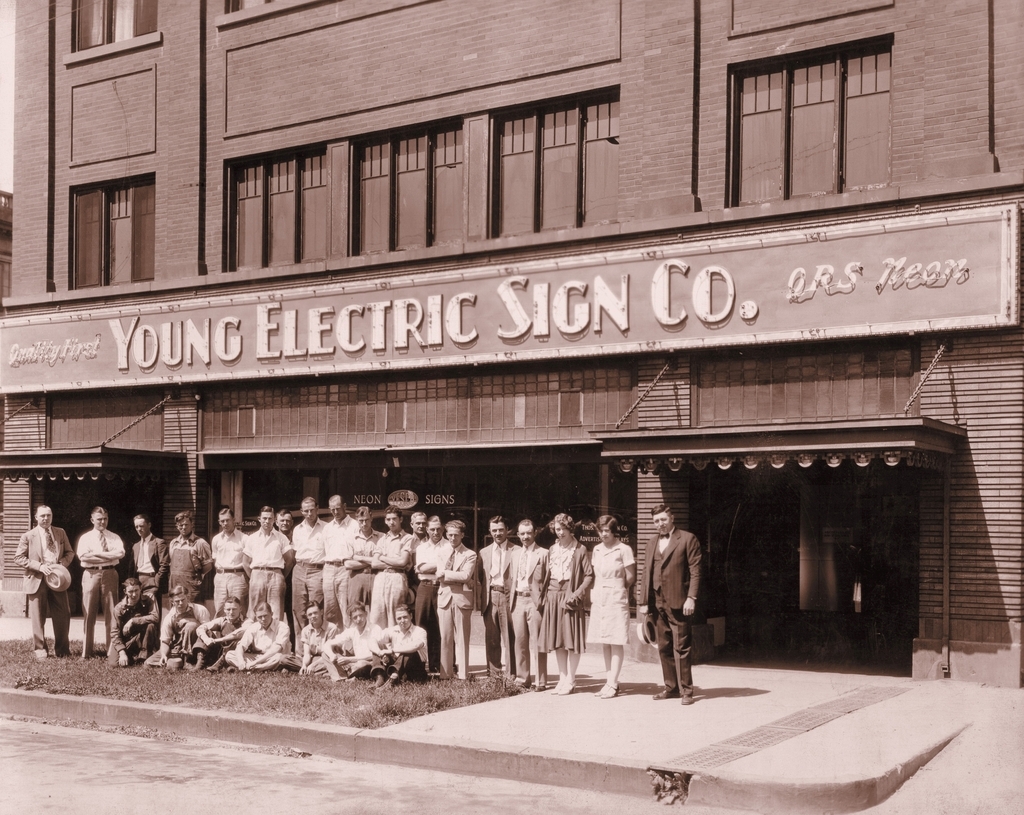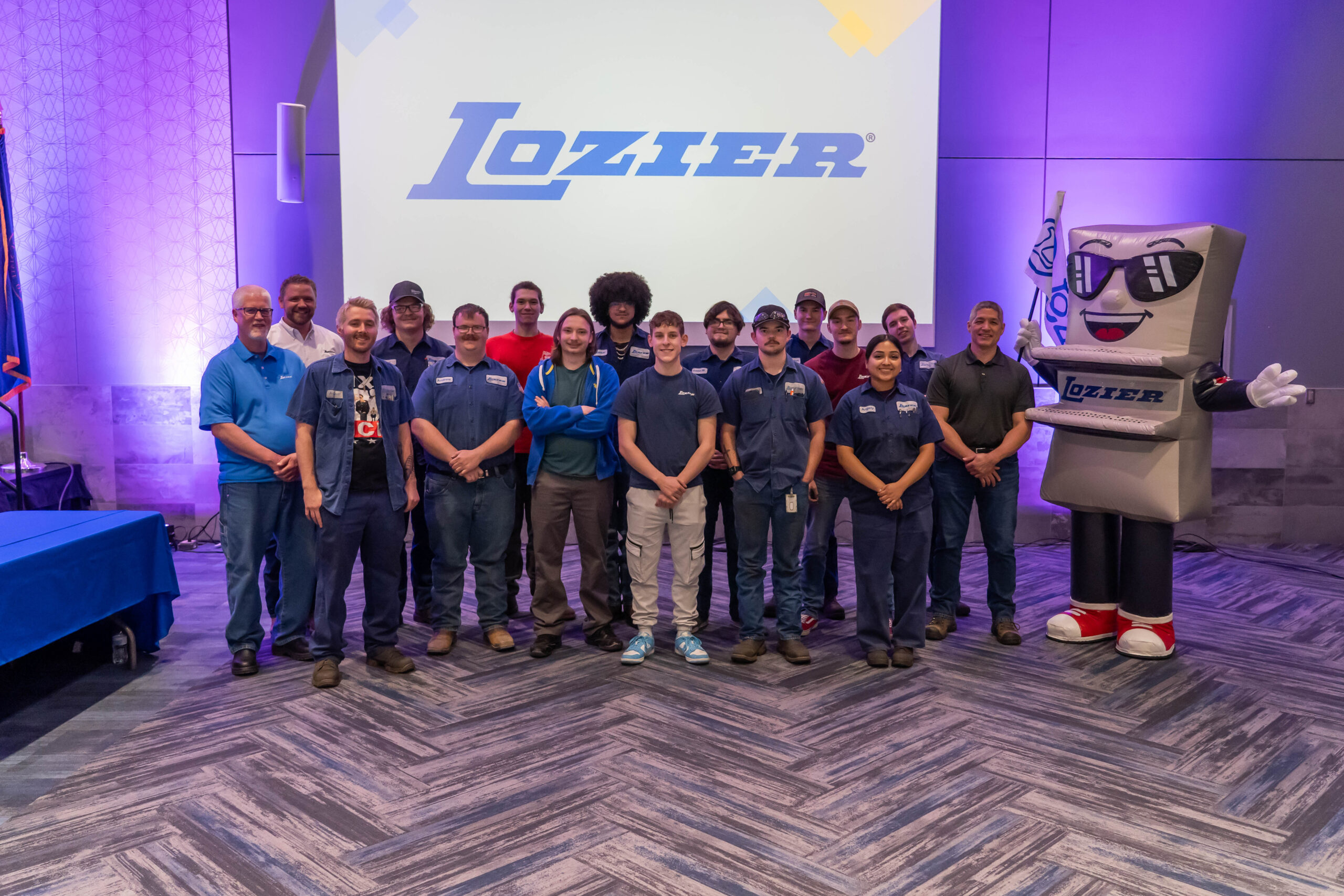

Growth is Not a Goal
- Jack Hand
- POWER Engineers
At POWER Engineers, we don’t use the word “growth.” In fact, at one time, that word was not allowed to be spoken during company meetings. And yet, as a global consulting services and engineering firm, we average a 15.6 percent annual growth rate.
So, what’s our secret?
First, a little background on POWER. We were founded in 1976 by three Idaho engineers and are now an employee-owned C-Corp with a team of 2,500 worldwide and annual revenue of $450M in 2017. In fact, we’re the largest power delivery consultant in the United States—not bad!
As employee owners, we’ve achieved this success not by focusing on growth, but by focusing on what our employees, clients, and shareholders care about most. It’s what we call “mutual success,” and it has led to a steady, paced growth for over 20 years.
Here are four key points to our “Paced Growth” philosophy.
We’re motivated by opportunities.
First, in our view, growth is a result, not a goal itself. We don’t believe that growth expectations are the driver for our business—market strength is. So we focus on more meaningful business concepts like “opportunities,” “market changes,” “new technologies,” and “Profit.”
We ask, “What’s the barrier to entry? Who’s the competition? How can we compete? Do we have an internal champion?” If we determine, for example, that a certain project makes sense to us, we take it on. As employee owners, we’re empowered to make those decisions.
So instead of being driven by growth expectations, we’re motivated by the opportunity to chase fun, challenging projects.
We make sure we’re sustainable.
Our next overarching goal is to provide a long career for our people. Our fundamental requirement has been to maintain strong margins (our charter says we must have 10-15 percent income from operations [IFO] on gross revenue).
So, as we evaluate projects, we understand that if we don’t make money none of us will have a job. And that means we won’t be able to continue to build this company.
As employee owners, we make sure to be transparent with these decisions. That’s why we publish our financials every month to every employee in the company and have done so from the beginning—we tell people what we do and why.
We plan from the bottom up.
Third, we practice a bottom-up approach. Each year, each of our departments delivers a market analysis to the executive team of what they think they can realistically do in the coming year.
We tell people: “If your market is in a downturn or is going to crash, you have to tell us. If you did $50M last year at 10 percent and you’re going to do $40M at 6 percent this year, we have to know because this is how we budget money to move the company forward.”
Our managers lead the effort from the bottom up. Of course, some groups “sandbag” and others are overly optimistic, but we trust our managers and the information they present. The exec team then calibrates and adjusts a bit and plans accordingly.
Because we practice transparency, the results of this planning are on display for everyone to see throughout the year. Peer pressure is key to the success of this model because nobody wants to look bad in front of their friends!
We’re geeks at heart.
Finally, and perhaps most important, as engineers, we’re geeks at heart, and our work is our fun. We have intentionally built a culture with that directive at its heart.
Since the 1980s, our slogan has been: “Do Good Work. Have Fun. Make Money.”
And it’s not just the engineers and consultants who feel this way—the entire staff, from our receptionists to our project managers understand that what we do is important and interesting.
It’s our commitment and love for our work that moves us forward.
Postscript
In all fairness, our success story has not been without its challenges.
For example, in 2001, ENRON collapsed the energy market. At the time, they were a big client. That event singlehandedly took our revenue from $99M to $75M and our staff from 735 employees to 500.
While that experience was difficult, we came back the same way we have moved forward since 1976—through steady, paced growth that is a result, not a goal—fueled by fun and inspired by challenge.
Jack Hand is the Chairman of POWER Engineers, a global consulting engineering and services firm specializing in energy, facilities, and environmental.
More Articles and Videos

Fireside Chat with Dave Thrasher, Dan Thrasher, and Dave Whorton
- Dave Thrasher, Dan Thrasher, & Dave Whorton
- Supportworks and Thrasher Group

Get Evergreen insight and wisdom delivered to your inbox every week
By signing up, you understand and agree that we will store, process and manage your personal information according to our Privacy Policy






